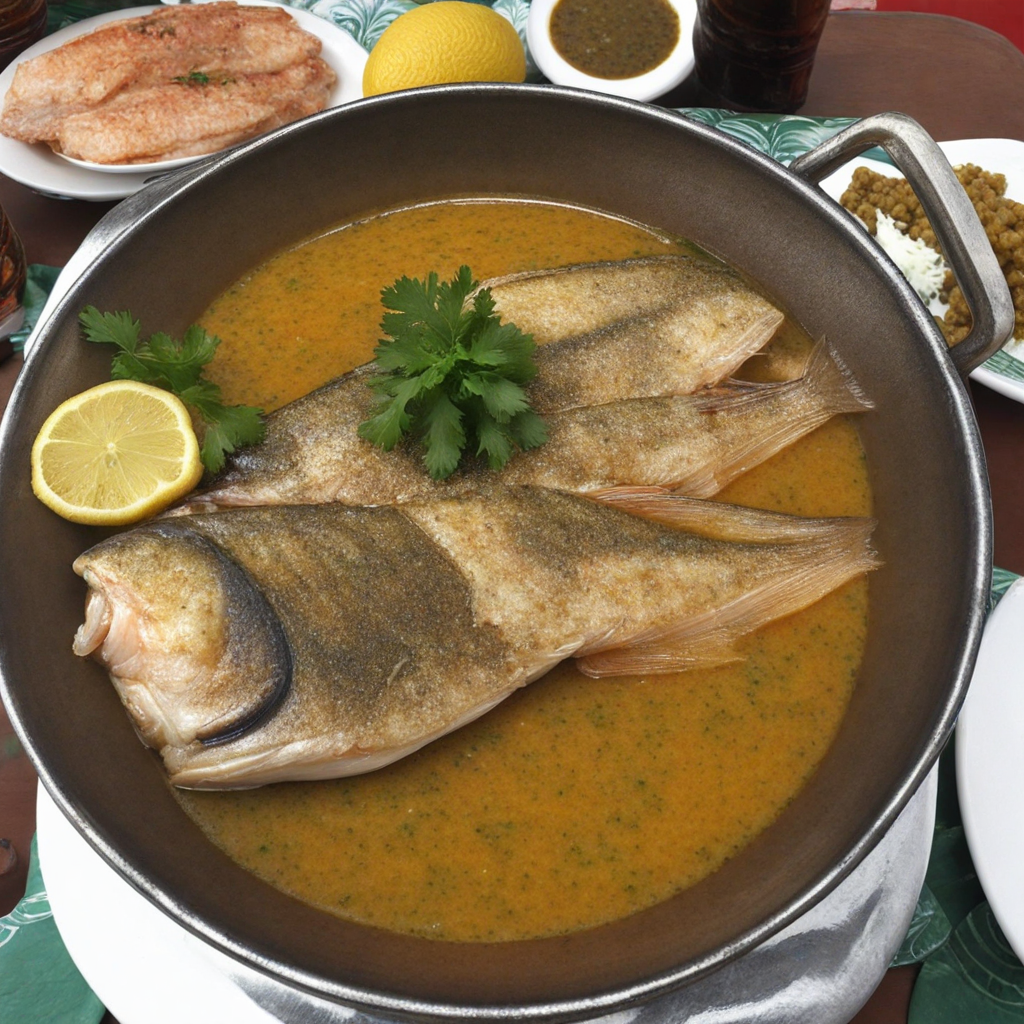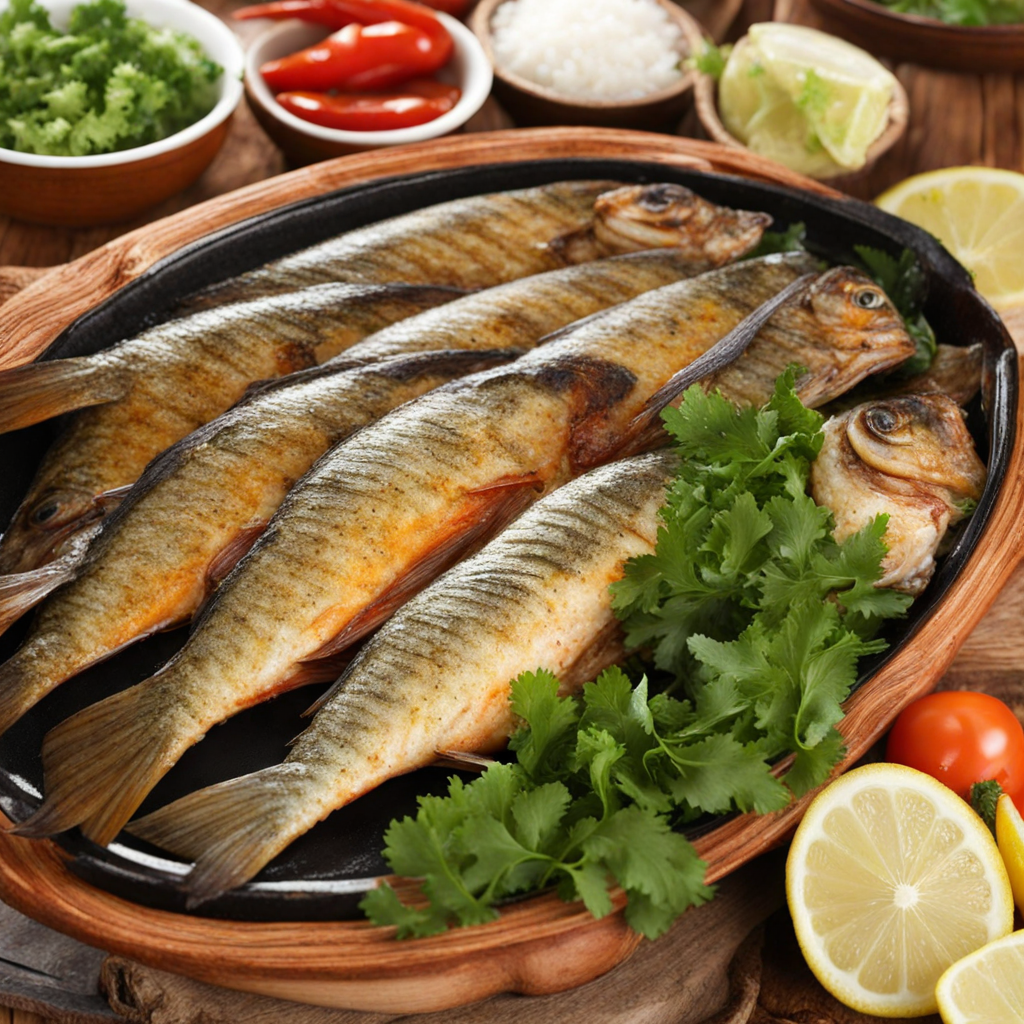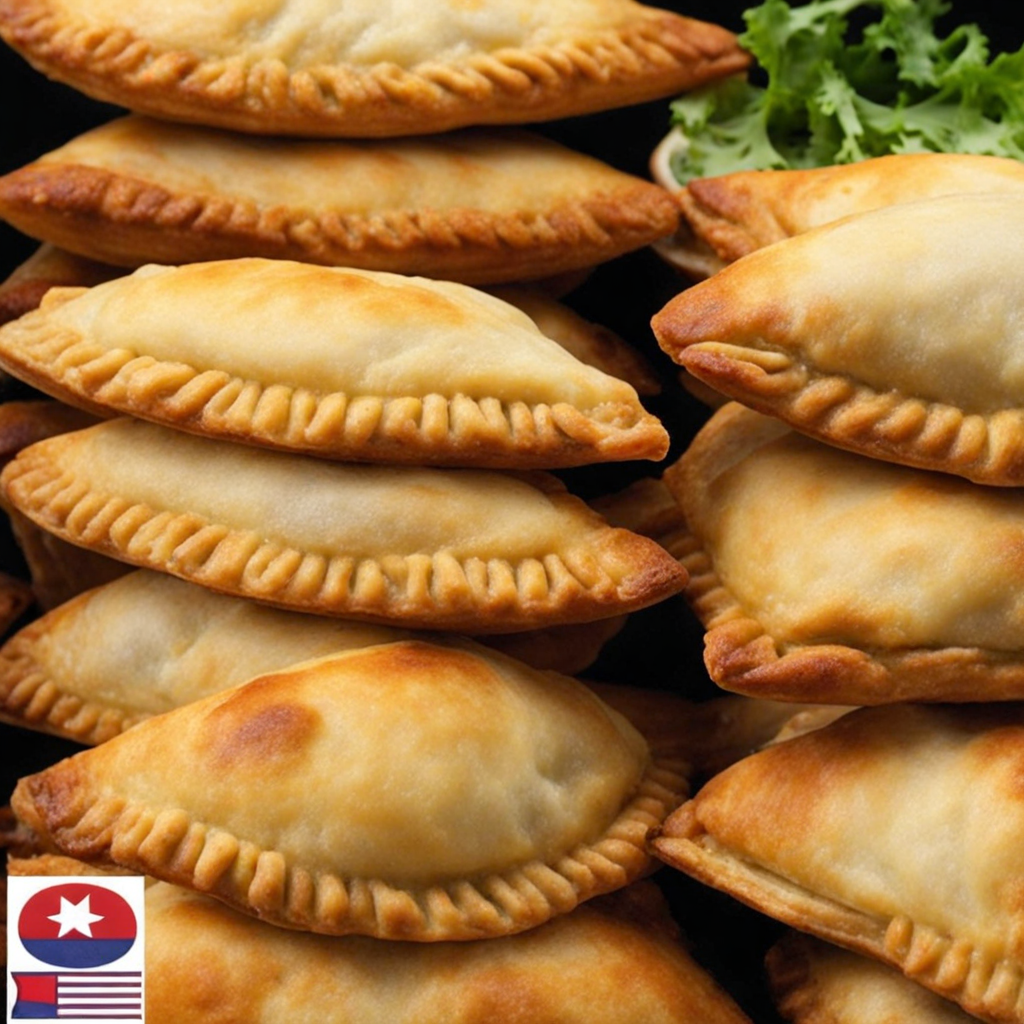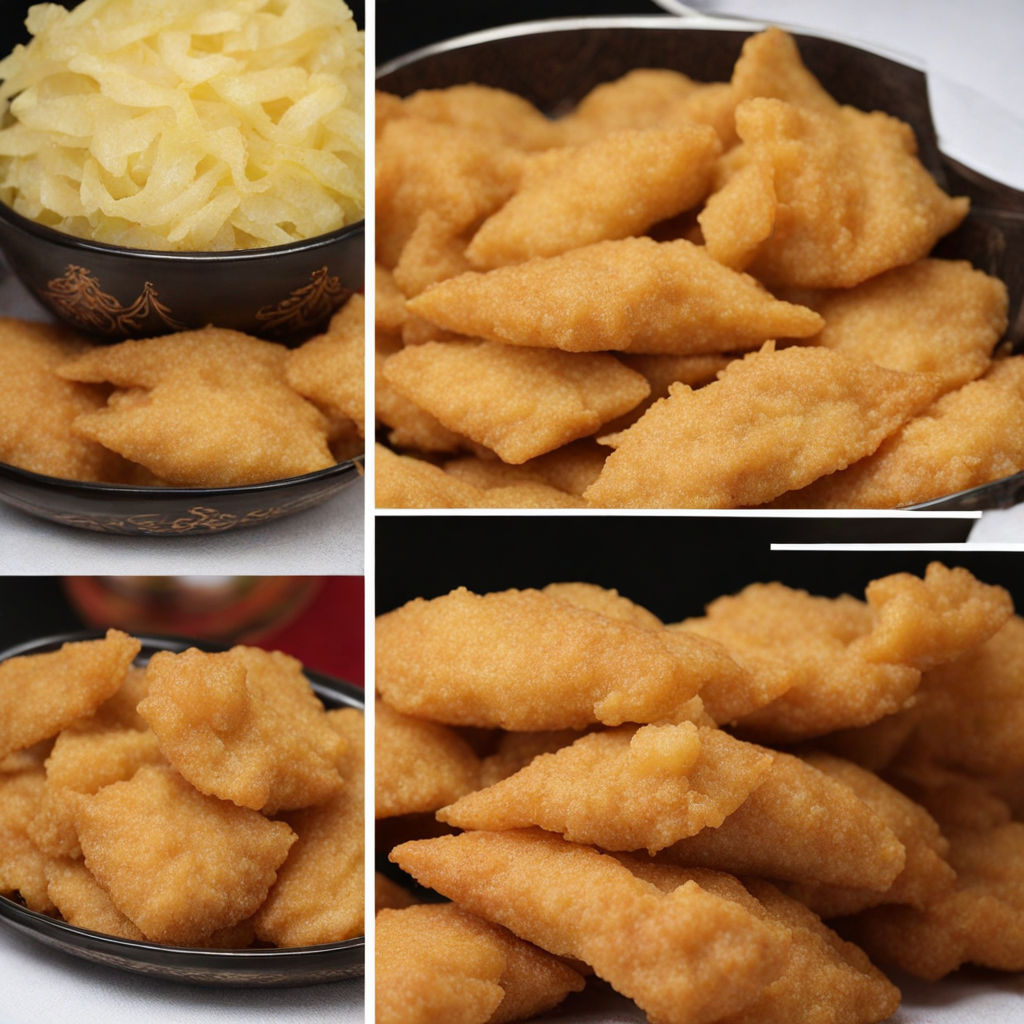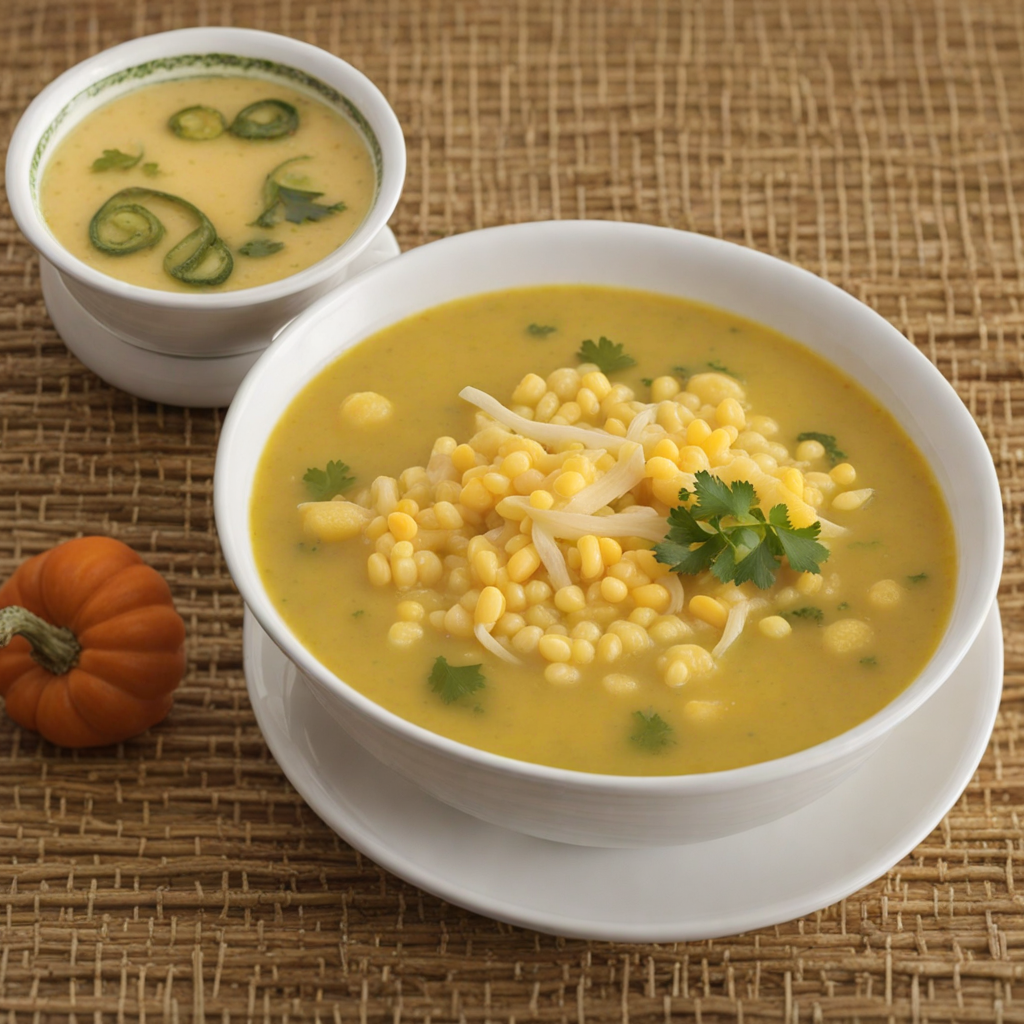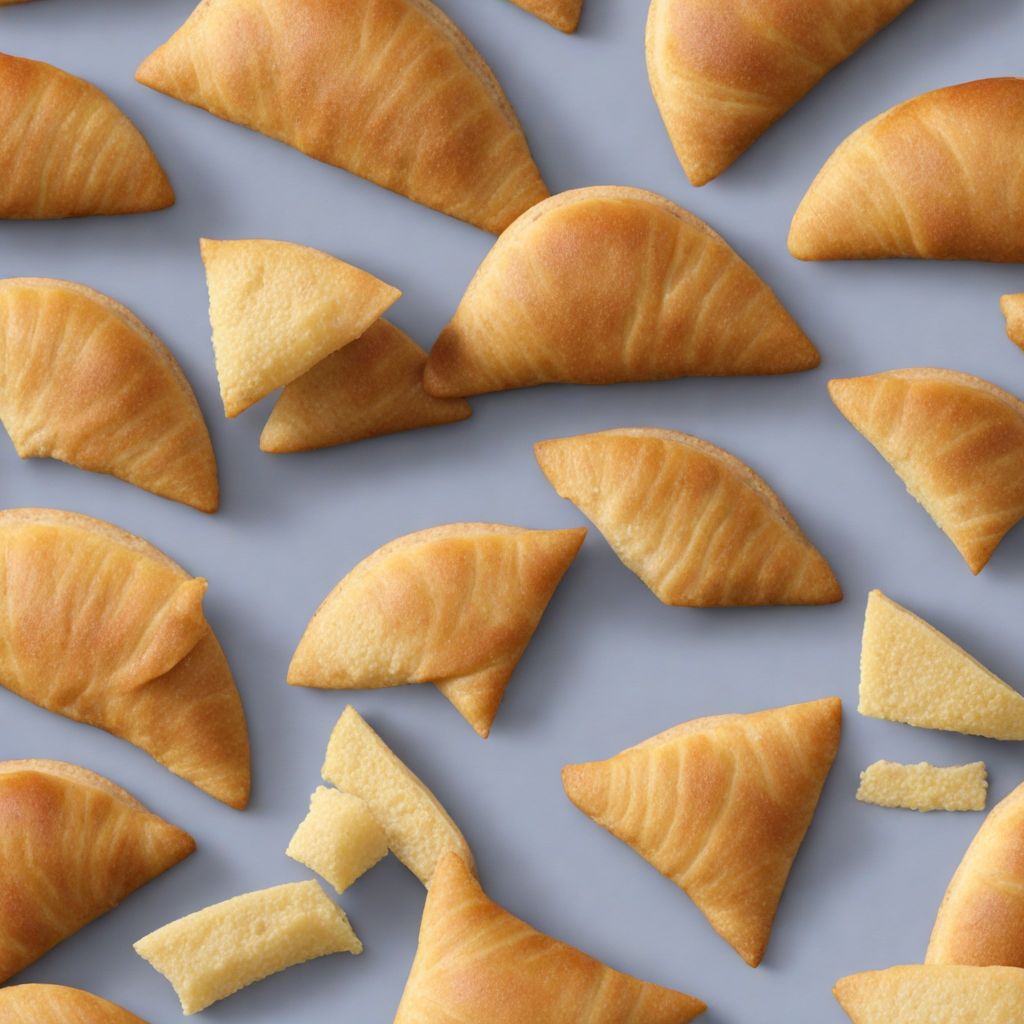Surubi
Surubi is a freshwater fish native to the rivers of Paraguay, particularly the Paraguay and Paraná rivers. Renowned for its firm, white flesh, Surubi offers a delicate flavor that can be likened to catfish, yet with a subtle sweetness that sets it apart. This fish is often celebrated for its versatility in cooking, making it a beloved ingredient in various traditional Paraguayan dishes. Its mild taste allows it to absorb a range of spices and seasonings, enhancing its appeal as a culinary staple. One of the most popular ways to prepare Surubi is through grilling, where it is typically marinated in a blend of garlic, lime juice, and local herbs before being cooked over an open flame. This method not only enhances its flavor but also gives it a delightful smoky aroma, making it a favorite at outdoor gatherings and feasts. Another common preparation is in the form of a savory fish stew, known as "pira caldo," where Surubi is simmered with vegetables, spices, and sometimes even coconut milk, resulting in a rich, comforting dish that showcases the fish's natural flavors. In addition to its delicious taste, Surubi holds cultural significance in Paraguay, often featured in family gatherings and celebrations. Its availability in local markets highlights the importance of sustainable fishing practices in the region, ensuring that traditional methods are preserved for future generations. For anyone looking to explore new culinary horizons, Surubi is not just a meal; it is an experience that captures the essence of Paraguayan culture and its rich culinary heritage.
How It Became This Dish
The History of Surubi in Paraguay: A Culinary Journey #### Origins Surubi, a freshwater fish belonging to the family Pimelodidae, is native to the rivers and streams of South America, particularly the Paraguay and Paraná Rivers. The name "surubi" is derived from the Guarani language, the indigenous tongue of Paraguay, which reflects the region's rich cultural heritage. This fish has been an integral part of the diet of the indigenous peoples of the area for centuries, providing sustenance and a connection to the waterways that define the landscape. Historically, the Guarani and other indigenous tribes utilized surubi not only as a food source but also as a symbol of their relationship with nature. The fish was often caught using traditional methods, such as fishing nets and traps, which were designed to be environmentally sustainable. This practice shows an inherent respect for the river ecosystems, a value that has persisted through generations. #### Cultural Significance In Paraguay, surubi holds a special place in both daily life and festive occasions. The fish is not just a culinary staple; it is also a cultural icon that embodies the Paraguayan spirit. The preparation and consumption of surubi often bring families and communities together. Traditional recipes are passed down through generations, each family adding its unique twist while honoring the historical methods of preparation. One of the most celebrated ways to prepare surubi is in a dish called "surubi a la parrilla," where the fish is grilled over open flames, often accompanied by a variety of sauces and side dishes. This method reflects the Paraguayan tradition of asado, where grilling meat and fish becomes not just a meal, but a social event. Asado is a cornerstone of Paraguayan culture, bringing people together to share food, stories, and laughter. Surubi is often grilled whole, allowing its natural flavors to shine while creating a communal dining experience. Moreover, the surubi has also inspired local folklore and traditions. It is often featured in stories and legends that highlight the importance of nature and the rivers that flow through the land. These tales serve as cultural touchstones, reminding the people of their roots and the natural bounty that sustains them. #### Development Over Time As Paraguay has evolved, so too has the culinary landscape surrounding surubi. While traditional methods of fishing and preparation still exist, modern influences and innovations have transformed the way this beloved fish is consumed and appreciated. With the advent of globalization in the late 20th century, Paraguayan cuisine began to gain international recognition. Chefs and food enthusiasts from around the world started to take an interest in traditional Paraguayan ingredients, including surubi. This sparked a renewed interest in the fish, leading to modern interpretations of classic recipes and the incorporation of surubi into international menus. One notable evolution is the fusion of traditional Paraguayan flavors with global culinary techniques. For instance, surubi can now be found in dishes that blend Asian influences, such as sushi or ceviche. These modern adaptations have introduced surubi to new audiences and palettes, allowing it to transcend its regional roots while still maintaining its cultural significance. Additionally, the rise of sustainable fishing practices has influenced the way surubi is harvested. As awareness of environmental issues has grown, initiatives promoting responsible fishing are becoming more prevalent. This focus on sustainability ensures that future generations can continue to enjoy surubi while preserving the delicate ecosystems of the Paraguay and Paraná Rivers. #### Culinary Techniques and Recipes The versatility of surubi has led to a plethora of culinary techniques employed in its preparation. Beyond grilling, surubi can be baked, fried, or even smoked, each method bringing out different aspects of its flavor and texture. In many households, surubi is marinated in a mixture of local herbs and spices, allowing the fish to absorb the rich flavors of the region before cooking. One traditional recipe that showcases surubi is "sopa de surubi," a hearty fish soup that combines the fish with vegetables and spices, often served with rice or corn bread. This dish not only nourishes the body but also warms the spirit, especially during Paraguay's cooler months. Another popular dish is "surubi en salsa de tomate," where the fish is cooked in a tomato-based sauce enriched with local herbs, garlic, and onions. This dish symbolizes the fusion of indigenous and European flavors that characterize much of Paraguayan cuisine. The vibrant red sauce complements the delicate taste of the surubi, making it a favorite among locals and visitors alike. #### Modern Impact and Future As Paraguay continues to develop its culinary identity, surubi remains a cornerstone of its gastronomic culture. The fish has become a symbol of national pride, representing the rich traditions of the country while also embracing modern culinary trends. Tourism has also played a role in the growing popularity of surubi. Culinary tourism in Paraguay has flourished, with visitors seeking authentic experiences that include traditional fishing expeditions and cooking classes focused on local ingredients. This has provided a platform for chefs and home cooks to showcase their skills and share their passion for Paraguayan cuisine, particularly dishes featuring surubi. Moreover, the digital age has allowed for the sharing of recipes and cooking techniques across borders. Social media platforms are filled with vibrant images and videos of surubi dishes, making it accessible to a global audience. This exposure has sparked interest in Paraguayan cuisine, encouraging chefs and food enthusiasts worldwide to explore and experiment with surubi in their kitchens. #### Conclusion Surubi is more than just a fish; it is a symbol of Paraguayan culture and identity. From its origins in the rivers of South America to its place at the heart of family gatherings and festive celebrations, surubi embodies the rich tapestry of traditions, flavors, and stories that define Paraguay. As the culinary landscape continues to evolve, the enduring legacy of surubi ensures that this beloved fish will remain a cherished part of the Paraguayan diet for generations to come. Whether grilled by the riverside or featured in a modern fusion dish, surubi will always be a testament to the resilience and creativity of the people who call Paraguay home.
You may like
Discover local flavors from Paraguay


